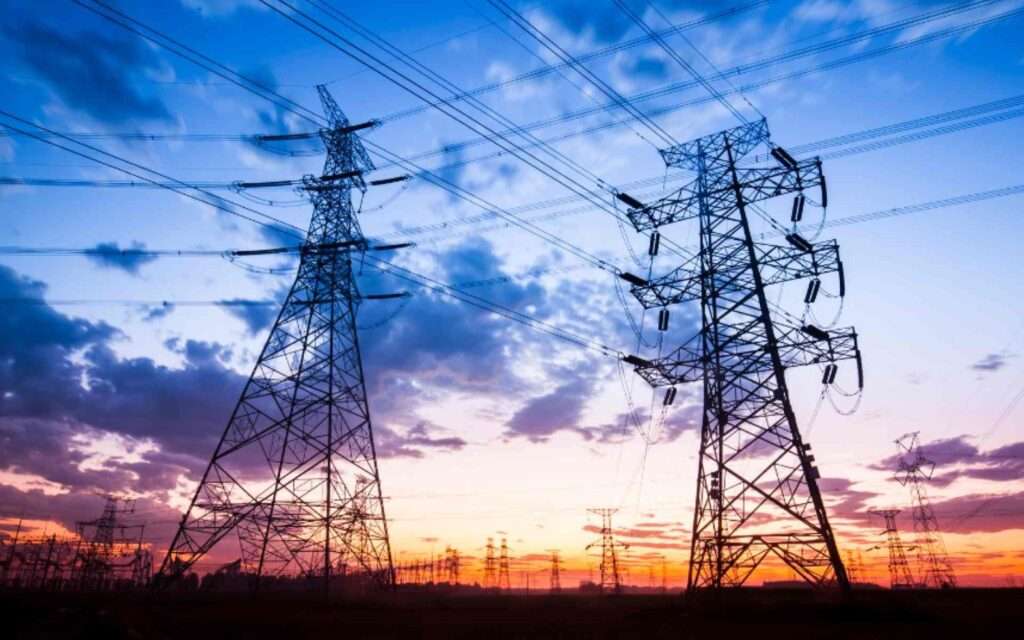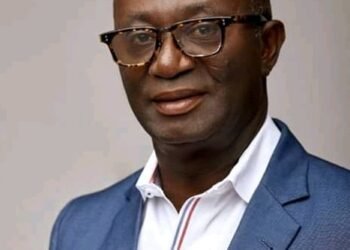John Jinapor, Ghana’s Minister-Designate for Energy, has taken decisive action to address inefficiencies within the country’s power sector, beginning with a directive to the Electricity Company of Ghana (ECG) to halt all payments for supplies.
This move, endorsed by the Chief of Staff, is part of a broader reform agenda aimed at curbing financial leakages, enhancing efficiency, and stabilizing the ailing energy sector.
During a recent interview, Jinapor expressed deep concerns about ECG’s financial performance, citing significant revenue losses as a major obstacle to the company’s sustainability. “The challenge of money emanates from inefficiencies,” Jinapor emphasized.
“If ECG loses over 40% of its power generated, no matter what you do, you cannot find a solution.
“With $100 worth of power, ECG collects only $60. On top of that, there are numerous deductions for contracts, quality assurance, IT, and other provisions.”
John Jinapor, Minister-Designate for Energy
Jinapor’s directive to halt payments for supplies is intended to address these inefficiencies and stop the financial bleeding within ECG.
He issued a stern warning to ECG staff, particularly those in the finance directorate, stressing that non-compliance with the directive would lead to severe repercussions.
One of the key areas Jinapor has identified for immediate reform is ECG’s fragmented financial system. The company currently operates over 70 accounts, which hinders effective financial monitoring and control.
Jinapor described this arrangement as unsustainable and pledged to consolidate the accounts to streamline operations.
“All those numerous accounts will be closed,” he stated. “We need some serious buffers to anchor the system. This sector needs reform, and we will reform it.”
Consolidating ECG’s accounts is expected to improve financial transparency and discipline, enabling the utility to better allocate resources and prioritize investments.
Jinapor also plans to implement measures to prevent revenue leakages and enhance accountability across all departments within ECG.
Promising Stability in the Power Sector

Jinapor’s reforms are part of a wider strategy to stabilize Ghana’s power sector, which has faced challenges including erratic power supply, mounting debt, and systemic inefficiencies.
The Minister-Designate reassured the public that these measures are critical for ensuring a reliable electricity supply and positioning ECG for long-term stability and growth.
“This sector needs reform, and we will reform it,” Jinapor vowed. The directive to halt payments for supplies is just the beginning.
Jinapor outlined a series of initiatives to enhance efficiency, reduce waste, and create a sustainable energy ecosystem for the country.
The inefficiencies within ECG not only affect the company’s financial health but also have far-reaching implications for the country’s economy and citizens.
Persistent power outages and unreliable electricity supply disrupt businesses, hinder industrial growth, and inconvenience households.
By addressing these inefficiencies, Jinapor aims to improve service delivery, boost investor confidence, and create a more stable environment for economic growth.
The reforms also promise to reduce costs for consumers by ensuring that electricity is supplied efficiently and at a fair price.
Jinapor’s success will depend on collaboration with key stakeholders, including the Public Utilities Regulatory Commission (PURC), energy producers, and the Ministry of Finance.
He has called for a unified approach to tackling the challenges facing ECG and the broader energy sector.
The public, however, will closely monitor the progress of these reforms, with high expectations for tangible results.
Jinapor’s decisive actions and clear vision have already garnered praise from industry experts, but the ultimate test will be in the implementation and outcomes of his policies.
As Jinapor takes the reins, his actions will serve as a litmus test for the government’s ability to deliver on its promises of reform and stability in the energy sector.
For now, the country awaits the outcomes of these critical interventions, hopeful that they will mark the beginning of a brighter and more sustainable energy future for Ghana.
READ ALSO: Nigeria’s Deficit Spending Hits ₦12.1 Trillion in 2024




















